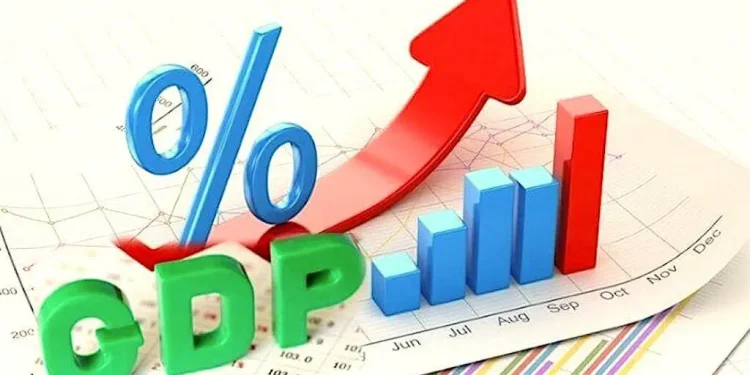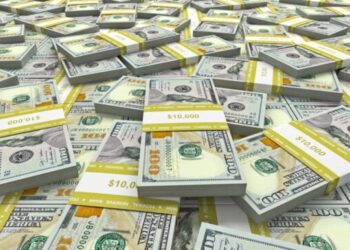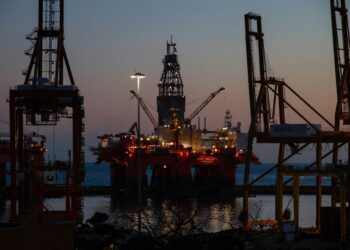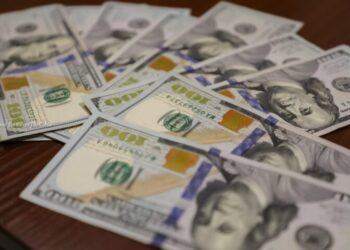The National Bureau of Statistics has announced that Nigeria’s GDP grew by 4.23% in the second quarter of 2025. On paper, it looks like progress. After all, the figure is higher than the 3.48% growth of the same period last year and the 3.13% posted in the first quarter of this year. But behind those neat percentages lies a question many Nigerians keep asking themselves: who actually benefits when the economy grows?
The truth is, numbers rarely capture reality. A 4.23% rise might make headlines, but ordinary Nigerians are not celebrating. Food prices remain stubbornly high, transport costs are choking families, and electricity supply still leaves most households in the dark. The official data may suggest “growth,” yet in the streets of Lagos, Abuja, or Kano, people are still counting coins to survive.
The Disconnect Between Government and Citizens
This is the contradiction of Nigeria’s economy: leaders point to rising GDP as proof that things are improving, while citizens wonder why their pockets remain empty. For a teacher earning ₦70,000 a month or a trader in the market trying to make ends meet, GDP growth feels like a statistic made for boardrooms, not living rooms.
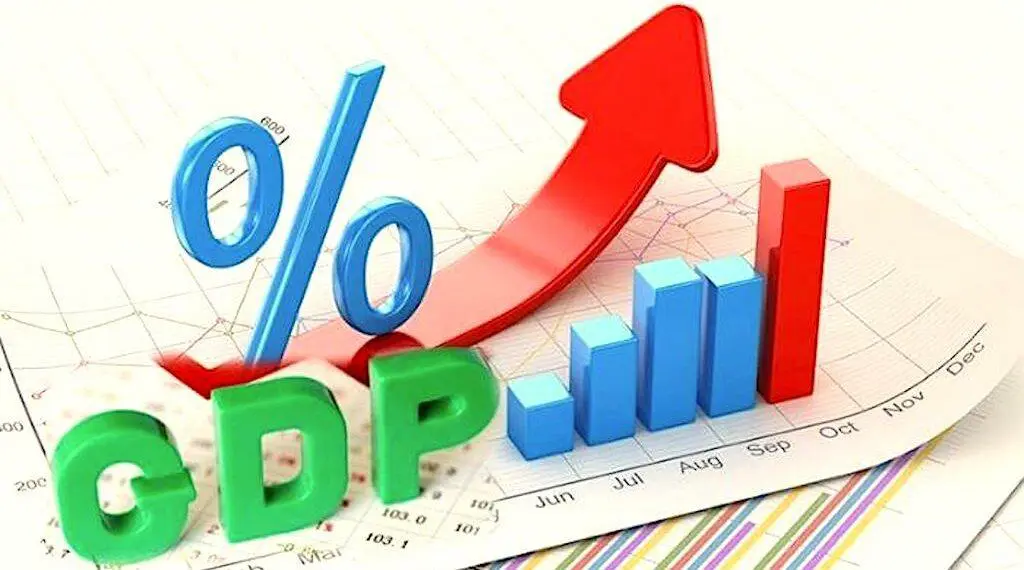
That’s the heart of the matter. When oil revenues increase or technology contributes to growth, the benefits often stay at the top, with government officials, big companies, and international investors. The average Nigerian hardly sees their rent get cheaper or their salary go further. Instead, they feel the weight of inflation and bad infrastructure more than any “growth.”
The Hard Truth
Nigeria’s GDP may rise year after year, but the living standard for many people continues to drop. If an economy grows while poverty deepens, can it really be called progress? Until growth translates into affordable food, decent healthcare, reliable electricity, and jobs that pay a living wage, GDP figures remain what they are, numbers that mean little to the people on the ground.

